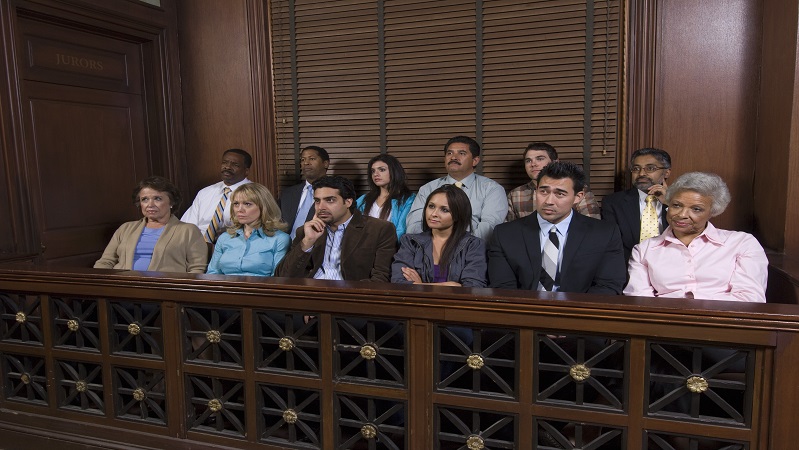The Bars In Deportation & How To Deal With Them
Two key groups of individuals are forcibly deported from the United States each year: green card holders who committed aggravated felonies and residents caught living in the US illegally. Some of them are apprehended with false travel documents at various ports of entry. Others are arrested when they attempt to stay in the United States past the expiration date of their visas.
When you get deported, a bar will be placed on your record, preventing you from returning to the US. Learn in this article what the bar for deportation is and how it can affect your future in the US.

What Are The Bars In Deportation?
The primary bar deportees face is being barred from entering the United States for a set period. However, most deported individuals have to wait five to 20 years before they can apply for another visa to enter the country again legally. They won’t be able to visit the United States during this time, even on a short vacation.
Suppose you have children who are legal US citizens. In that case, you will be placed in a difficult situation as you must decide whether to appoint a legal guardian for your children in your absence. You could also prefer to take your children to your country of origin.
If you want to take your kids overseas, you can tell the presiding judge that you are prepared to leave the United States voluntarily. However, remember that if you do that, you will be responsible for paying for your flights and any dependents who leave the country with you.
Can You Re-Enter The US Before Your Ban Expires?
In some circumstances, you may be allowed to reenter the US before your ban expires. For example, if you didn’t hold a green card when deported, you may apply for a family or an employer-sponsored green card while waiting for your ban to end. Remember that the US government may decline your application for a green card due to deportation.
The United States Citizenship and Immigration Services (USCIS), foreign-based US embassies, and consulates have the authority to reject applicants who were deported from the United States. Their rejection may be due to entering the country illegally, misrepresenting themselves, or committing aggravated felonies.
Before submitting a green card application, you must apply for a waiver to reenter the country early. You can do this if you can obtain a new visa to enter the country. If you don’t want to live in the United States permanently, you can also apply for a waiver to get a student or a temporary work visa.
Being Deported Can Affect Your Chances Of Earning US Citizenship
To be deemed eligible to become a full US citizen, you must prove that you are of good moral character. So even if you earn a residency visa, your past deportation may affect your chances of becoming a US citizen.
However, if you believe you can still prove that you have been a lawful US resident following your initial deportation, you may be granted citizenship. This is especially true if you have kept a clean criminal record for five years and have several glowing references attesting to your character.
The primary bar deportees face is being prevented from reentering the United States for a set period, which typically varies from five to 20 years. If you are deported from the US, the length of time you’ll be prohibited from entering the country will depend on the context of your deportation. Being deported may also hinder your long-term chances of becoming a full US citizen if citizenship is your ultimate goal.
Suppose you have been served a deportation order in the form of a bag and baggage letter or ordered to attend an immigration hearing. In that case, it’s in your best interests to contact an immigration attorney. So, try and reverse your deportation before it’s too late and you’re forced to remain outside the US.
Contact A U.S. Immigration Attorney Today!
Categories
How To Find Us
What Our Clients Say
“This Lawfirm is great, very professional and helpful. I love that they are always in communication and always available for when you have questions . 100% recommended by me and my family. Thank you Lincoln-Goldfinch Law – Abogados de Inmigración”





